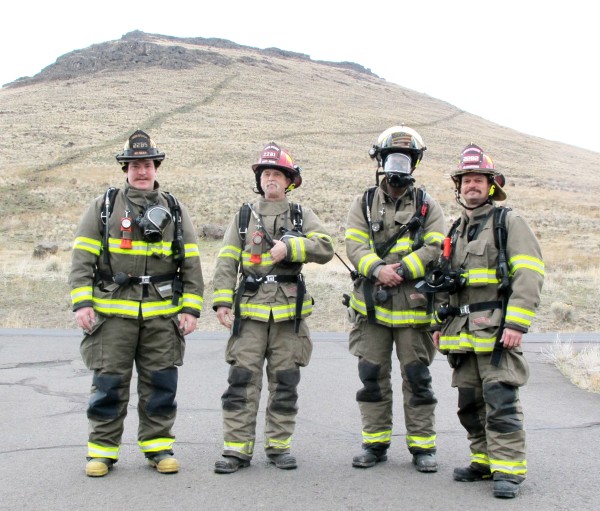
After all, a firefighter’s name indicates that you already know what they do.
Firefighters, on the other hand, do more than only fight fires; they also look for and rescue victims, assist in emergency situations, treat sick people, respond to chemical spills, and educate the public about fire safety.
Children, new firefighters, and communities are all taught by some firefighters.
Firefighters have a vital role in our society because they keep us safe and are always there in an emergency.
Meeting the Requirements and Completing the Tests
Let’s start with the most fundamental prerequisites for becoming a firefighter. Remember that these qualifications must be met by all future firemen, whether paid or volunteer. Almost all entry-level firefighter applicants must be at least 18 years old, have completed high school (or equivalent), and have a valid driver’s license in the jurisdiction where they will be working. Emergency Medical Technician (EMT) certification will also be required, either at the time of application or shortly thereafter.
Underthe Selective Service System, all males under the age of 25 must be enlisted. Other qualifications could include U.S. citizenship or legal residency, as well as the ability to get or obtain a license that allows the holder to drive job-related vehicles like ambulances and fire trucks.
Applicants will frequently be required to take and pass one or more written exams, a medical exam, a psychiatric evaluation, and a test of physical strength and endurance during the recruitment phase. Applicants must also pass a thorough background inquiry as well as a drug test.
Obtaining an education will help you prepare for a career as a firefighter.
Working as a firefighter does not necessitate a postgraduate degree or certificate in fire science. On the other hand, some employers prefer new hires with a bachelor’s degree or certificate in fire science or a closely related field. A postsecondary degree or certificate may offer you with the precise knowledge and abilities you require to develop your management and administration profession.
Below is a detailed look at the different components that make up postsecondary firefighter education, starting with the many types of colleges, universities, and other training facilities. Firefighters can participate in on-campus and online training programs. As you analyze each choice, keep your long-term objectives in mind.
To Become a Firefighter, How Much Time Do You Have to Commit?
Entering the firefighting field takes time, and progressing up the career ladder takes much longer. It is, however, difficult to estimate how long it will take. As you may have guessed, a lot depends on the type of firefighter you want to be and how far up the career ladder you want to go. As a result, it’s a good idea to start by thinking about your long-term career objectives. Keep in mind that nothing is fixed in stone, and your objectives may shift as your career progresses. Assessing your ambitions now will help you figure out where you want to start your career and what kind of education you’ll need.
How to Become a Supervisor of Municipal Firefighting and Prevention
Working as a municipal fire fighting and prevention supervisor may necessitate some previous work-related abilities, knowledge, or experience. To practice the trade, an electrician, for example, must complete three or four years of apprenticeship or several years of vocational training, as well as pass a license exam.
1 to 2 years of on-the-job training and informal training with experienced workers are often required for roles of this complexity level. In order to achieve your objectives, you will frequently be required to use your communication and organizational abilities to coordinate, oversee, manage, or train people. Hydroelectric production managers, travel agents, electricians, court reporters, and medical aides are all similar jobs.
Experience in a similar sector is required.
Ms. Mariana Joseph from Techfetch RPO (https://rpo.techfetch.com/), the US-based RPO Companies expert shares her views on this “Firefighters are important parts of their communities, and their responsibilities go far beyond what most people think of when they think of firefighters. They help with medical emergencies, search and rescue operations, traffic accidents, and public safety in addition to fighting fires. Contacting your local fire department is the best place to start if you want to learn more about becoming a firefighter. While all firefighters must complete post-secondary training, whether at a trade school, a college, or a fire academy, each state and fire department have their own hiring and training requirements. When studying the steps to get started on your route to becoming a fireman, keep in mind that knowing your department’s specific criteria is critical to becoming a firefighter in your chosen jurisdiction”. Read More
